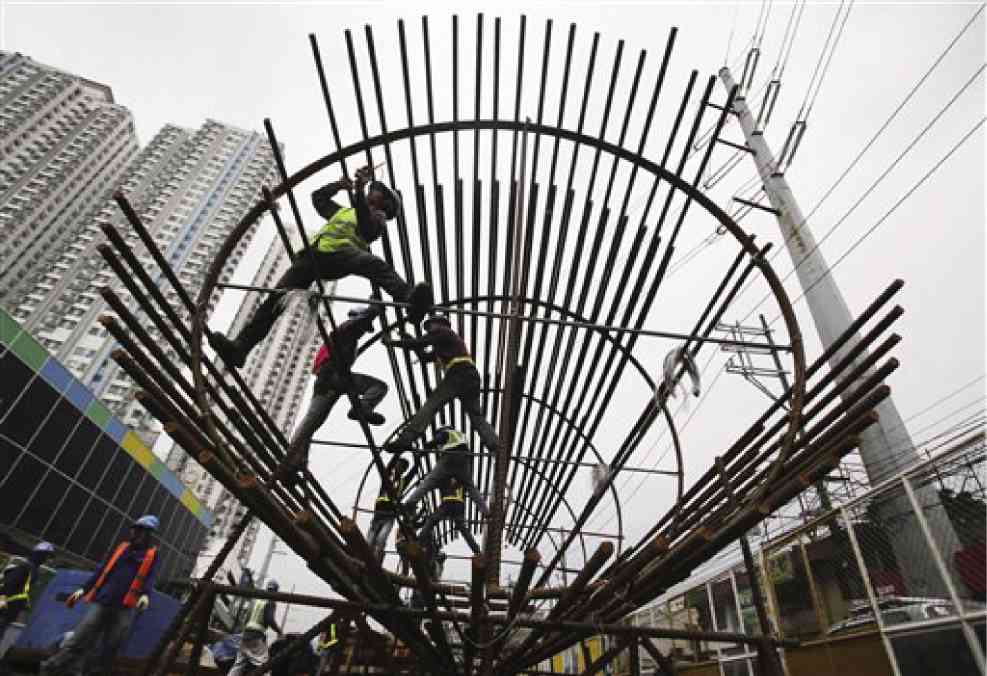Philippines to hike borrowings for big-ticket infra projects

Philippine infrastructure stock photo. INQUIRER.NET
CLARK, Pampanga — The Philippine government plans to fast-track and jack up borrowings from its development partners for big-ticket infrastructure projects while interest rates remain preferential before the country attains upper middle-income status and loses this privilege.
But Socioeconomic Planning Secretary Ernesto M. Pernia told reporters that the Philippines may be unable to cross the upper-middle-income threshold—defined by the World Bank as per capita income above $3,956—this year, as earlier projected, given expectations of slower economic growth.
Pernia, who heads the state planning agency National Economic and Development Authority (Neda), said the delayed implementation of the P3.7-trillion 2019 national budget and global headwinds due to trade tensions between the US and China dim growth prospects for the year.
Gross domestic product (GDP) growth fell to a four-year low of 5.6 percent during the first quarter—below the government’s downgraded target range of 6-7 percent—mainly due to underspending on public goods and services no thanks to the budget impasse in Congress.
Pernia said that in case the Philippines finally climbs to upper-middle-income status by next year, the country still has two years or until 2022 to avail of preferential rates from multilateral lenders such as the World Bank and the Asian Development Bank (ADB) as well as bilateral partners such as Japan and China, among other countries belonging to the Organization for Economic Cooperation and Development (OECD) grouping of rich and developed nations.
According to Pernia, the amount of programmed borrowings for priority programs and projects could be adjusted upwards as needed, and as long as the increase in debt would not be “prohibitive.”
In the case of multi-phased projects to be financed by several tranches of loans, Pernia said the best practice was to already set the conditions as early as the initial phase such that they stay until project completion.
As for borrowings from Japan, Pernia said that “once we do achieve upper middle-income country status then we will not be qualified for the special terms for economic partnership (Step) funding, so we will be on non-Step funding” from the Japan International Cooperation Agency (Jica).
“There’s a grace period of two years between the time we achieve upper middle-income country and the non-qualification for us to avail of Step funding. So what we have to do now is to prioritize projects such that those that are more costly than others will be prioritized—the more costly ones we want them to move faster than the less costly ones,” Pernia said.
During Tuesday’s eighth meeting of the Philippines-Japan high-level joint committee on infrastructure development and economic cooperation, the two sides “discussed the strategy for future cooperation considering the Philippines will soon graduate to upper middle-income country status by the end of this year or 2020,” Finance Secretary Carlos G. Dominguez III told reporters.